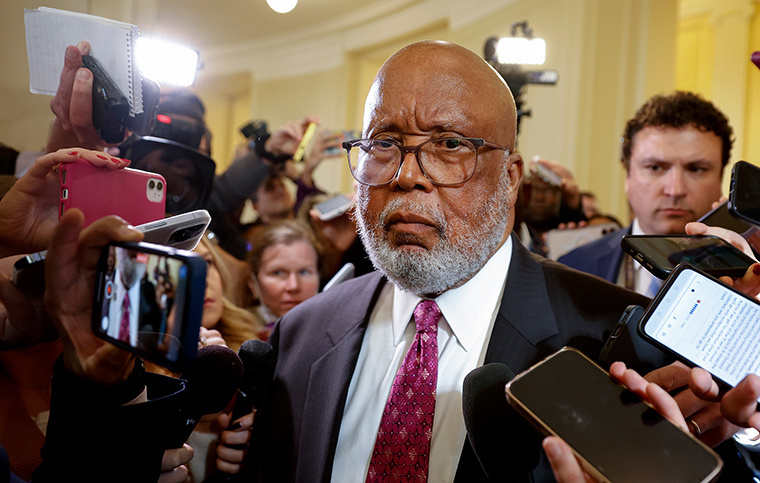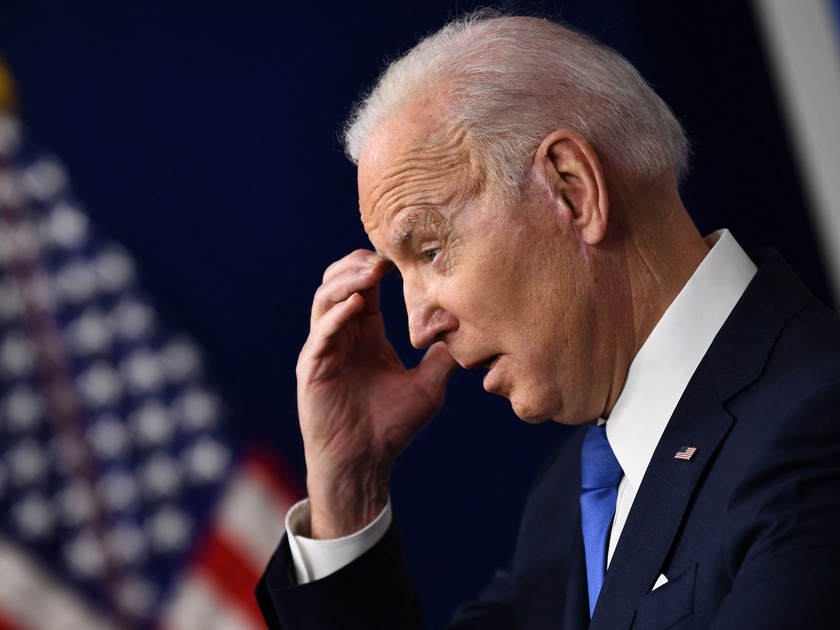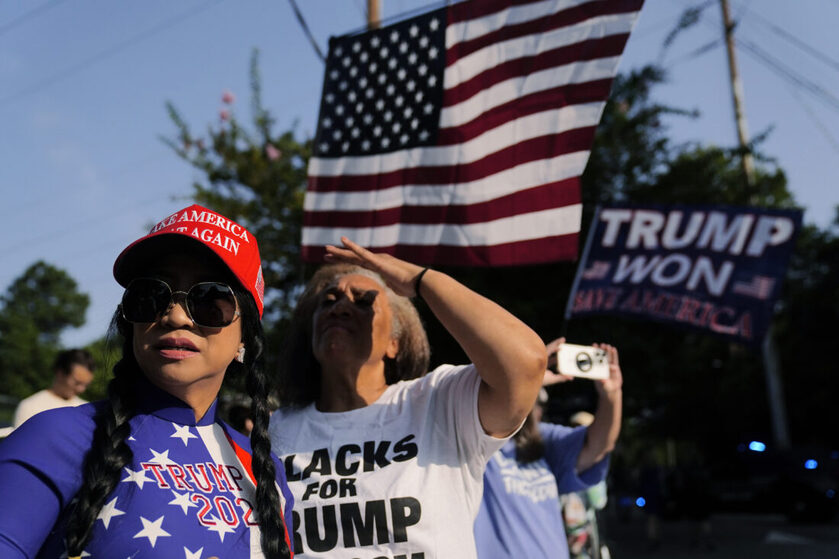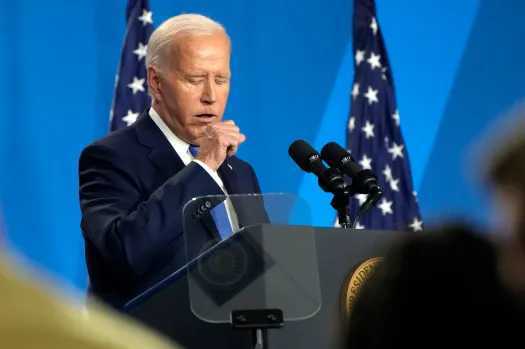In a bold move that highlighted the growing divide in American politics, a few months ago, Mississippi Congressman Bennie Thompson, a key Democrat figure and the House Committee on Homeland Security's ranking member, stirred controversy with his proposed legislation aimed at stripping Secret Service protection particularly targeting former President Donald Trump following his felony conviction.
This bill, which garnered support from various Democrat allies, was seen as a direct attack on conservative values and the sanctity of presidential security. Criticism from conservative circles was swift and fierce, especially after the harrowing incident at a rally in Butler, Pennsylvania, where an assassination attempt against Trump dramatically unfolded.
The former president's encounter with danger underscored the paramount importance of unwavering security measures for all sitting and former presidents, regardless of political affiliation or legal battles. This event not only accentuated the perceived recklessness behind Thompson’s legislative push but also rallied Trump's base around the need for equal treatment under the law and unimpeded Secret Service protection.
Moreover, Trump's resilience in the face of such adversity – planning to continue his campaign efforts by attending the Republican National Convention in Milwaukee – is emblematic of a fighter's spirit cherished by conservatives. His ability to stand strong, even when literally under fire, has galvanized support across the right-wing community.
The tragic fallout from the attempted assassination – one rally-goer dead and two critically injured – further compounds the gravity of ensuring robust security for political figures. It raises pertinent questions about the wisdom behind Thompson’s bill and whether political vendettas should ever compromise an individual’s safety.
Additionally, Thomas Matthew Crooks' identification as the assailant by authorities adds another layer to this complex narrative. His fatal attempt on Trump’s life is not just an attack on a single individual but an affront to democratic principles that demand peaceful discourse and safety for all political leaders.
This incident starkly illustrates how essential it is to uphold steadfast security measures for all presidents - serving or former - without letting partisan politics dilute our commitment to their safety.
As conservatives rally around this belief, it becomes clear that any attempts to undermine such protections are not only misguided but potentially dangerous in today’s charged political climate.



















